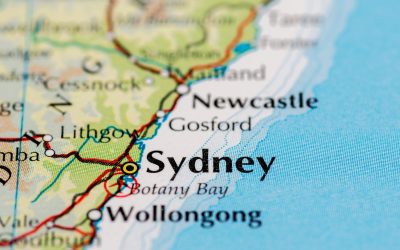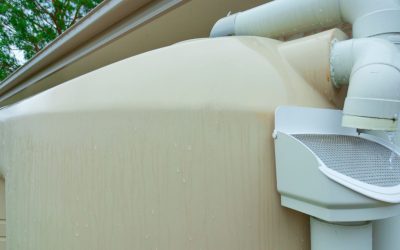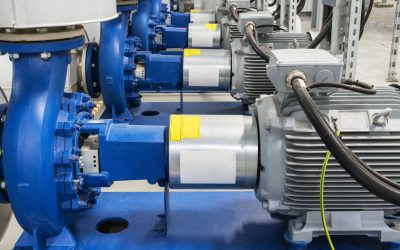Efficient water management systems are crucial for sustainable living and the conservation of resources, especially in regions like New South Wales (NSW) where water is a precious commodity. Implementing effective water management systems not only conserves water but also reduces costs and ensures a consistent supply for various needs. Here are some essential tips to help you achieve efficient water management systems in NSW.
1. Conduct Regular Audits
Regular water audits are fundamental for identifying leaks, inefficiencies, and opportunities for improvement. These audits involve examining your entire water management system, including pipes, fixtures, and appliances. By conducting regular checks, you can detect and fix issues early, preventing water wastage and ensuring optimal system performance.
2. Implement Water-Saving Technologies
Adopting water-saving technologies can significantly reduce water consumption. Some effective technologies to consider include:
- Low-Flow Fixtures: Install low-flow taps, showerheads, and toilets to minimise water usage without compromising performance.
- Smart Irrigation Systems: Use smart irrigation controllers and moisture sensors to ensure efficient water use in landscaping and agriculture.
- Rainwater Harvesting Systems: Collect and store rainwater for non-potable uses such as irrigation, flushing toilets, and washing vehicles.
3. Utilise Greywater Systems
Greywater systems recycle wastewater from baths, showers, sinks, and washing machines for non-potable uses. By treating and reusing greywater, you can significantly reduce the demand for freshwater and contribute to more sustainable water management systems in NSW.
4. Optimise Irrigation Practices
Efficient irrigation is essential for maintaining green spaces and agricultural fields without wasting water. Consider implementing the following practices:
- Drip Irrigation: Use drip irrigation systems to deliver water directly to the roots of plants, reducing evaporation and runoff.
- Watering Schedules: Water plants early in the morning or late in the evening to minimise evaporation losses.
- Soil Moisture Monitoring: Regularly check soil moisture levels to avoid overwatering and ensure plants receive the right amount of water.
5. Adopt Water-Efficient Landscaping
Water-efficient landscaping, also known as xeriscaping, involves designing gardens and green spaces with drought-tolerant plants and minimal water requirements. This approach not only conserves water but also enhances the beauty and resilience of your landscape. Consider using native plants that are adapted to the local climate and require less water to thrive.
6. Educate and Engage Stakeholders
Promoting awareness and engaging stakeholders in water conservation efforts are crucial for the success of any water management system. Conduct training sessions and workshops to educate employees, residents, and community members about the importance of water conservation and the steps they can take to contribute. Encourage a culture of sustainability and reward practices that lead to efficient water management.
7. Monitor and Review System Performance
Regular monitoring and review of your water management system’s performance are essential for continuous improvement. Use data analytics and monitoring tools to track water usage, identify trends, and assess the effectiveness of implemented measures. By staying proactive and making data-driven decisions, you can ensure your water management system remains efficient and sustainable.
Conclusion
Efficient water management systems in NSW are vital for conserving water resources, reducing costs, and ensuring a consistent supply for various needs. By conducting regular audits, implementing water-saving technologies, utilising greywater systems, optimising irrigation practices, adopting water-efficient landscaping, educating stakeholders, and monitoring system performance, you can achieve sustainable and efficient water management. Total Alcott Pumps & Servicing is committed to helping you implement these tips and achieve efficient water management systems in NSW. Contact us today to learn more about our services and how we can assist you in conserving water and reducing costs.





0 Comments